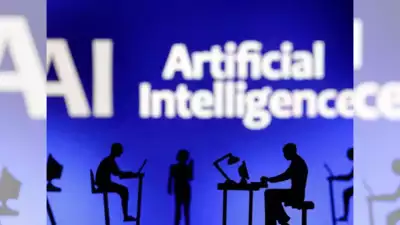
AI-powered recruitment tools are reshaping hiring by streamlining processes and addressing unconscious biases. These tools automate tasks such as resume screening, interview scheduling, and candidate engagement, allowing recruiters to focus on strategic decisions.
Platforms leveraging AI analyze resumes, match candidates to roles based on skills, and integrate with Applicant Tracking Systems for seamless operations. According to industry experts, these systems aim to reduce biases by relying on data-driven evaluations rather than subjective judgments.
“AI ensures decisions are made based on quantifiable data, not gut feelings,” said Vinay Pasricha, CEO of GoodSpace.AI. However, he emphasized the importance of diverse datasets to avoid skewed results. GoodSpace.AI, for instance, has introduced a multilingual AI recruiter capable of engaging in real-time interactions in over 100 languages.
These systems also integrate with Applicant Tracking Systems and career pages, streamlining operations, explained Pasricha.
One of AI’s key promises is bias reduction, offering a level playing field by evaluating quantifiable skills and experiences.
“Bias reduction is a game-changer. AI ensures decisions are made based on data, not gut feelings,” Pasricha noted. However, he cautioned, “AI systems are only as good as the data they’re trained on. Companies must ensure diverse datasets to avoid skewed results.”

While traditional platforms like Naukri and LinkedIn offer extensive datasets, newer players bring advanced technology, striving to combine both for an integrated ecosystem, said Pasricha. Experts predict the future of hiring will balance AI’s precision with human judgment, ensuring efficiency without losing empathy.





